In the dynamic digital era, Professional SEO Programs are adapting to leverage Artificial Intelligence (AI) for cutting-edge Search Engine Optimization (SEO). AI algorithms revolutionize content understanding, keyword optimization, and user intent analysis, transforming manual processes. These programs equip students with advanced tools like NLP and MLAs, enabling them to navigate complex algorithms, create targeted content, and build effective link profiles. As AI evolves, professionals must stay updated to maintain competitive strategies, ensuring better online visibility and engagement for businesses in a rapidly changing digital landscape.
In the dynamic landscape of digital marketing, Artificial Intelligence (AI) is no longer a futuristic concept but a game-changer redefining Search Engine Optimization (SEO). This article explores the profound transformation AI brings to modern SEO, from its evolving role in keyword research and content optimization to cutting-edge link building strategies. We delve into professional SEO programs leveraging machine learning, emphasizing ethical practices, and uncovering future trends, showcasing how AI is propelling this field towards unprecedented heights.
Understanding AI's Role in Modern SEO: A New Paradigm
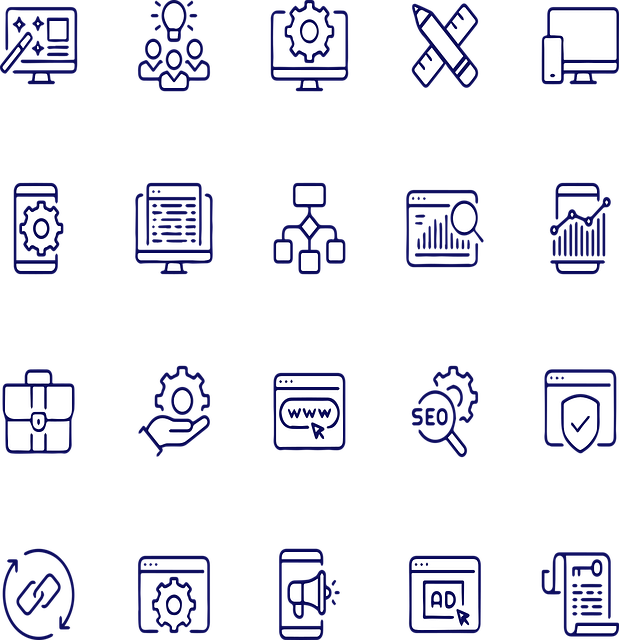
In the rapidly evolving digital landscape, Artificial Intelligence (AI) has emerged as a game-changer in the realm of Search Engine Optimization (SEO). What was once a predominantly manual process is now being transformed by AI algorithms that can analyze vast amounts of data to deliver more accurate and personalized search results. This shift marks a new paradigm in SEO, where professional SEO programs need to adapt to leverage these advancements for better rankings.
AI plays a pivotal role in modern SEO by enhancing content understanding, keyword optimization, and user intent analysis. It enables algorithms to interpret complex linguistic nuances, contextual information, and user behavior patterns, leading to more effective indexing and ranking of websites. As AI continues to evolve, professionals in the field must stay abreast of these changes to ensure their strategies remain cutting-edge and effective, thereby driving better visibility and engagement for online platforms.
The Evolution of SEO: From Manual Techniques to Machine Learning

The world of search engine optimization (SEO) has undergone a remarkable transformation over the years, evolving from manual, rule-based strategies to an era driven by machine learning and artificial intelligence (AI). In the early days, SEO professionals relied heavily on keyword research, manually analyzing competitors, and crafting content that aligned with what they believed search engines wanted. This was a labor-intensive process, often requiring extensive time and resources.
However, with the advent of advanced AI algorithms, SEO has become more sophisticated. Machine learning models can now analyze vast amounts of data, identify patterns, and make predictions with remarkable accuracy. Professional SEO programs leverage these technologies to automate many tasks, such as keyword discovery, content optimization, and ranking analysis. This not only enhances efficiency but also allows specialists to focus on strategic planning, creative content generation, and staying ahead of the constantly evolving search engine algorithms.
Professional SEO Programs: Unlocking Advanced Strategies
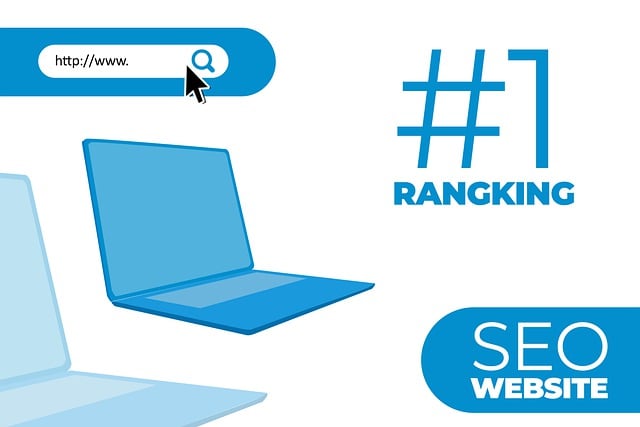
In today’s digital landscape, staying ahead in search engine optimization (SEO) requires a strategic edge. That’s where Professional SEO Programs step in as game-changers, empowering individuals and businesses to unlock advanced strategies and elevate their online presence. These comprehensive programs offer tailored curriculum designed by industry experts, ensuring students gain the knowledge and skills needed to navigate complex SEO algorithms effectively.
From keyword research techniques that drive organic traffic to mastering on-page optimization for enhanced user experience, Professional SEO Programs cater to a diverse range of learners. They provide hands-on training with real-world case studies, enabling participants to apply theoretical concepts practically. As the demand for digital marketing professionals continues to surge, these programs offer a structured pathway to excel in the field and keep pace with the ever-evolving nature of SEO.
Leveraging AI for Keyword Research and Analysis

In today’s digital era, leveraging Artificial Intelligence (AI) in Search Engine Optimization (SEO) has emerged as a game-changer for marketing professionals. AI-powered tools offer advanced keyword research and analysis capabilities, which are essential components of successful SEO strategies. These tools can sift through vast datasets to identify trending keywords, uncover hidden search patterns, and provide valuable insights into user behavior. By utilizing professional SEO programs integrated with AI, marketers gain a competitive edge by understanding their target audience’s queries more effectively.
AI facilitates in-depth keyword research by suggesting relevant terms, analyzing competitors’ strategies, and predicting search volumes. It also assists in analyzing the sentiment behind keywords, helping businesses create content that resonates with their target market. With AI’s ability to process vast amounts of data quickly, professionals can make informed decisions about content optimization, ensuring their website ranks higher on search engine results pages (SERPs).
Natural Language Processing (NLP): Enhancing Content Optimization
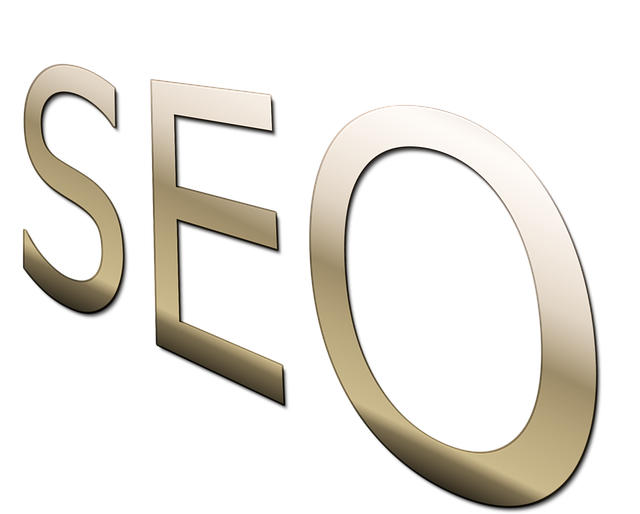
Natural Language Processing, or NLP, is a powerful tool within the AI arsenal that significantly enhances content optimization for professional SEO programs. By understanding and interpreting human language, NLP enables AI to analyze vast amounts of text data, identify keywords, and determine semantic meanings. This capability allows AI to make more accurate suggestions for optimizing content, ensuring it aligns with current search engine algorithms and user intent.
NLP facilitates the creation of compelling, contextually relevant content that attracts and engages audiences. It can also improve accessibility by making content understandable to a wider range of users, including those with disabilities. As NLP continues to evolve, its role in shaping effective SEO strategies will only grow more significant for professionals in this field.
Machine Learning Algorithms for Effective Link Building
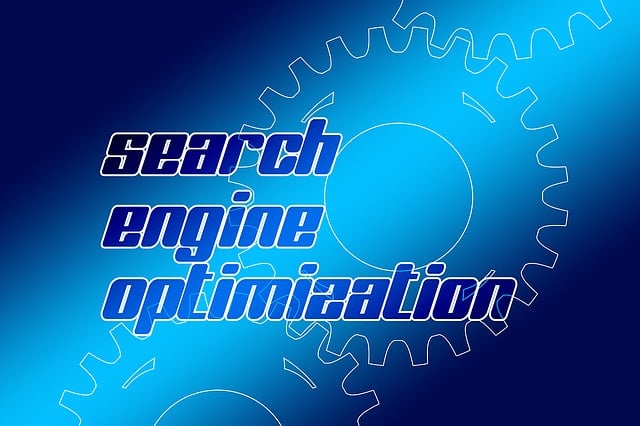
In today’s digital era, Machine Learning Algorithms (MLAs) have emerged as powerful tools within professional SEO programs, transforming link building strategies. These algorithms are designed to analyze vast amounts of data and identify patterns in backlink profiles, enabling more effective and targeted link-building campaigns. By leveraging MLA technologies, SEO specialists can uncover valuable insights into high-quality links, understanding the factors that attract natural backlinks from authoritative sources. This data-driven approach allows for the creation of tailored strategies that resonate with search engines and enhance a website’s online visibility.
Through advanced pattern recognition and predictive analytics, MLAs can forecast the potential impact of link acquisition, helping professionals make informed decisions. These algorithms adapt to the ever-changing search engine algorithms, ensuring that link-building practices remain in line with the latest industry standards. As a result, universities offering AI and SEO courses are equipping their students with the skills to harness MLA capabilities, enabling them to excel in an increasingly complex digital landscape.
Ethical Considerations in AI-Powered SEO Practices

As AI continues to transform the digital landscape, its integration into search engine optimization (SEO) practices brings both exciting opportunities and significant ethical considerations. The algorithms powering AI tools have the potential to revolutionize how we understand and optimize content for online visibility. However, it’s crucial to approach this technology with a thoughtful, responsible mindset.
One of the primary concerns revolves around data privacy and transparency. AI-powered SEO programs often rely on vast datasets, including user behavior, search queries, and website analytics. Ensuring that this data is collected, stored, and used ethically is paramount. Professionals in the field must adhere to strict guidelines to protect user information and maintain trust, especially with regulations like GDPR in place. Additionally, the potential for algorithmic bias, where AI models reflect societal biases present in training data, demands careful scrutiny to guarantee fair and unbiased search results.
Future Trends: AI's Continued Impact on Search Engine Optimization
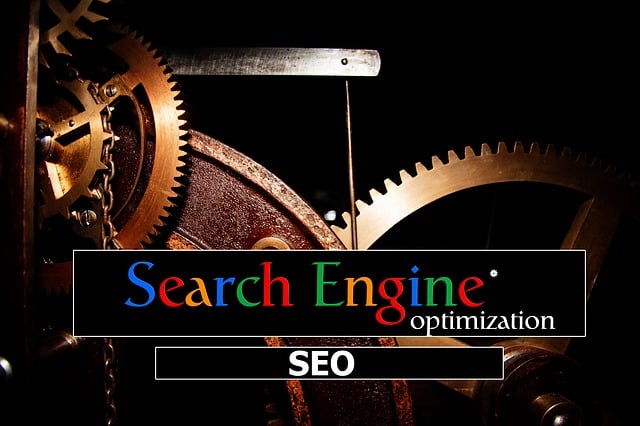
As technology evolves, Artificial Intelligence (AI) is set to play an increasingly pivotal role in shaping the future of Search Engine Optimization (SEO). Advanced AI algorithms are already enhancing search engine capabilities by understanding user intent better and providing more relevant results. This trend will continue, with AI-driven tools becoming integral parts of professional SEO programs. From natural language processing to machine learning, these technologies enable more accurate keyword analysis, content optimization, and predictive analytics, giving businesses an edge in the digital landscape.
The coming years will witness even more sophisticated AI applications, such as personalized search experiences tailored to individual users’ preferences and behaviors. Voice search optimization will also gain prominence, as virtual assistants become more prevalent. Additionally, AI-powered content generation tools might emerge, assisting marketers in creating dynamic, contextually relevant copy at scale. These advancements will demand that SEO professionals stay agile and adaptable, continuously updating their skills to keep pace with the rapid changes driven by AI.
